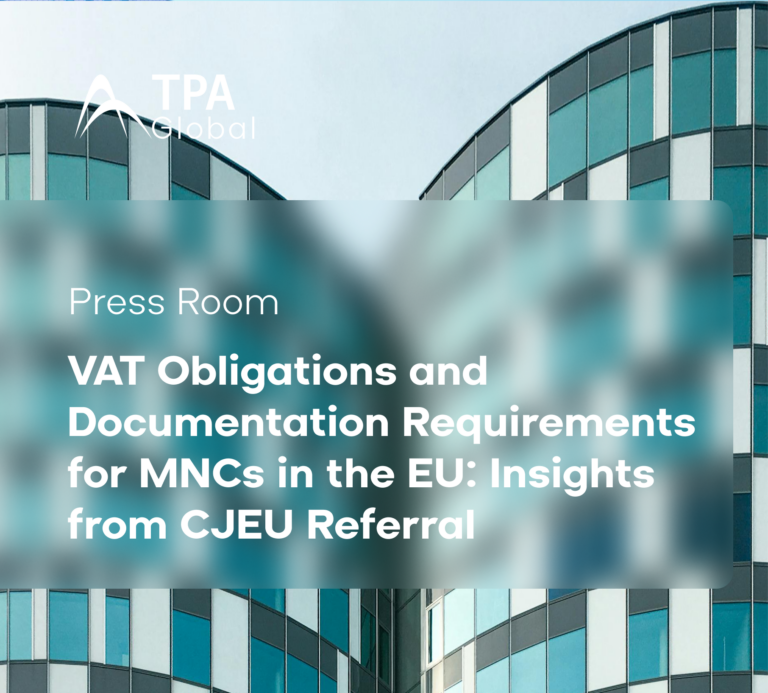Type: Legislation
The E-invoice system is gradually becoming obligatory for state, public administration bodies, and related entrepreneurs in Slovakia, unfolding in four phases throughout 2023. Currently mandated for G2G and B2G transactions, the rollout includes key milestones:
Q1 2024: Ministry of Finance, Datacentrum, and associated suppliers
Q1 2024: Budget organizations of the Ministry of Finance, including the Financial Administration
Q1 2024: Other government and public administration entities
Commencing June 1, 2022, E-invoicing for transactions between entrepreneurs and institutions begins, with the B2G regime facing delays but aiming for initial obligations in Q1 2024. The government plans to implement a mandatory Continuous Transaction Controls (CTC) system for B2B and B2C transactions by 2025.
Moreover, an API invoicing interface has been introduced for companies to handle invoices seamlessly, complemented by a manual invoice creation screen for taxpayers using six forms for structured invoicing.
Effective date: Q1, 2024



